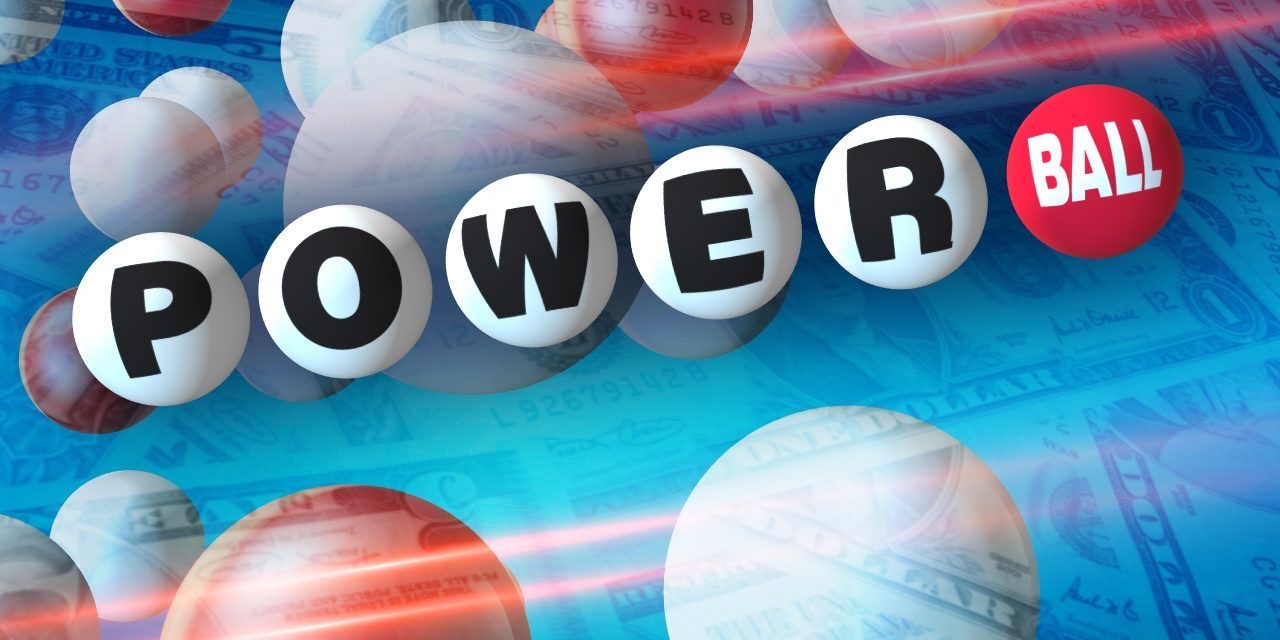The Powerball jackpot was up to $700 million and it was the last day to buy a ticket. A set of numbers popped into your head: a combination of your age, your IQ, etc. Or maybe it was completely random, but something told you that this was your lucky day.
You called the corner convenience store and were told that the cutoff time for buying a ticket was 9:30 PM CST, so you showed up at 9:15, bought a ticket, and went home to await the results.
When the numbers were announced, you had them all! Your heart was racing and your head spinning as you checked to make sure you were not mistaken. Convinced of your success, you went to bed with the certain knowledge that you were a multimillionaire who only had to claim his fortune.
The next day, Powerball officials confirmed that you had the right numbers, but informed you that the cutoff time for ticket purchases was actually 9:00 PM CST, you’d missed the deadline by 15 minutes, and hadn’t won anything.
Miffed, eh? You bet you would be, and you would be sueing somebody.
Now imagine a similar scenario in which you were misinformed about the cutoff time for buying a Powerball ticket but picked the wrong numbers. No harm, no foul, right?
Not according to Eric Vondrake. He’s the Charleston man who bought a ticket with the wrong numbers after the deadline at a convenience store in Texas and then filed suit in U.S. District Court for the Southern District of West Virginia against everyone he could think of: the owners of the store, the Texas Lottery Commission, the Multi-State Lottery Association, Mavis L. Wanczyk (the Massachusetts man who picked the right numbers and won $700 million), the Massachusetts State Lottery Commission, etc.
Vondrake filed his suit pro se because lawyers he contacted declined to represent him after learning that he’d picked the wrong numbers.
Following a collision with a semi-truck, he moved to dismiss the suit. Something tells us he was pushing his luck.
